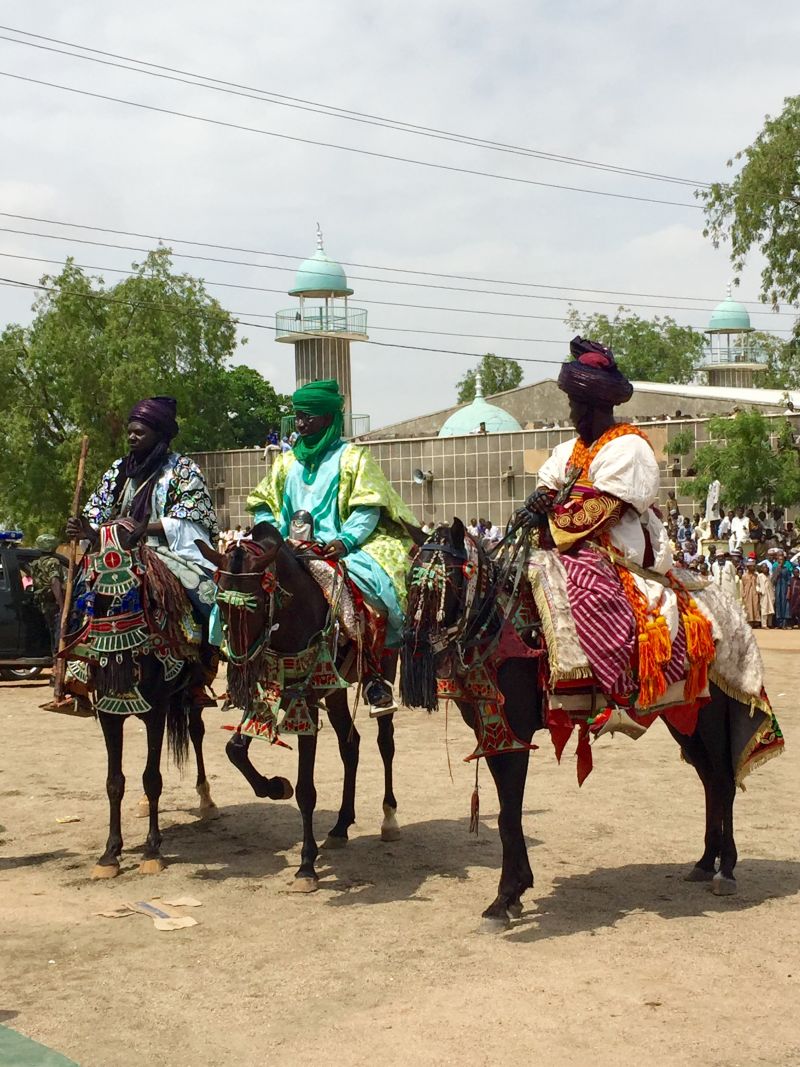The Durbar Festival: A Celebration of Culture and Tradition in Northern Nigeria
Nigeria is home to a variety of rich and diverse cultural traditions across its states. Each year, the annual Durbar Festival captivates visitors and locals alike in Northern Nigeria, particularly in states such as Kano, Katsina, Zaria, and Sokoto. This region is steeped in the history of ancient Islamic kingdoms, making the festival a significant cultural event.

Historical Significance of the Festival
Originally, the Durbar Festival was a display of wartime allegiance, showcasing the readiness and loyalty of regiments to the Emir. Today, it remains a vibrant celebration, typically held to mark the significant Islamic holidays of Eid-al-Fitr and Eid-al-Adha.

Experience the Festivities
The Durbar is characterized by a grand parade of horsemen, adorned in vibrant traditional attire, who process in groups to the Emir’s palace. This spectacle is accompanied by local leaders, musicians, and traditional performers, all contributing to the bustling atmosphere. The sound of muskets being fired adds to the festive ambiance, delighting the gathered crowds.

Welcoming the Community
As the Durbar is often linked to Eid celebrations, people traditionally visit mosques for prayers before joining the crowds heading towards the Emir’s palace. This year, the festivities were graced by the Emir of the Zazzau, Alhaji Dr. Shehu Idris, providing a sense of tradition and community to the event.

A Unique Experience
The sights and sounds of the Durbar Festival offer a unique glimpse into Nigerian culture and heritage. As regally dressed horsemen navigate through the throngs of onlookers and traffic, the celebration creates an atmosphere of joy and festivity that resonates throughout the region.





